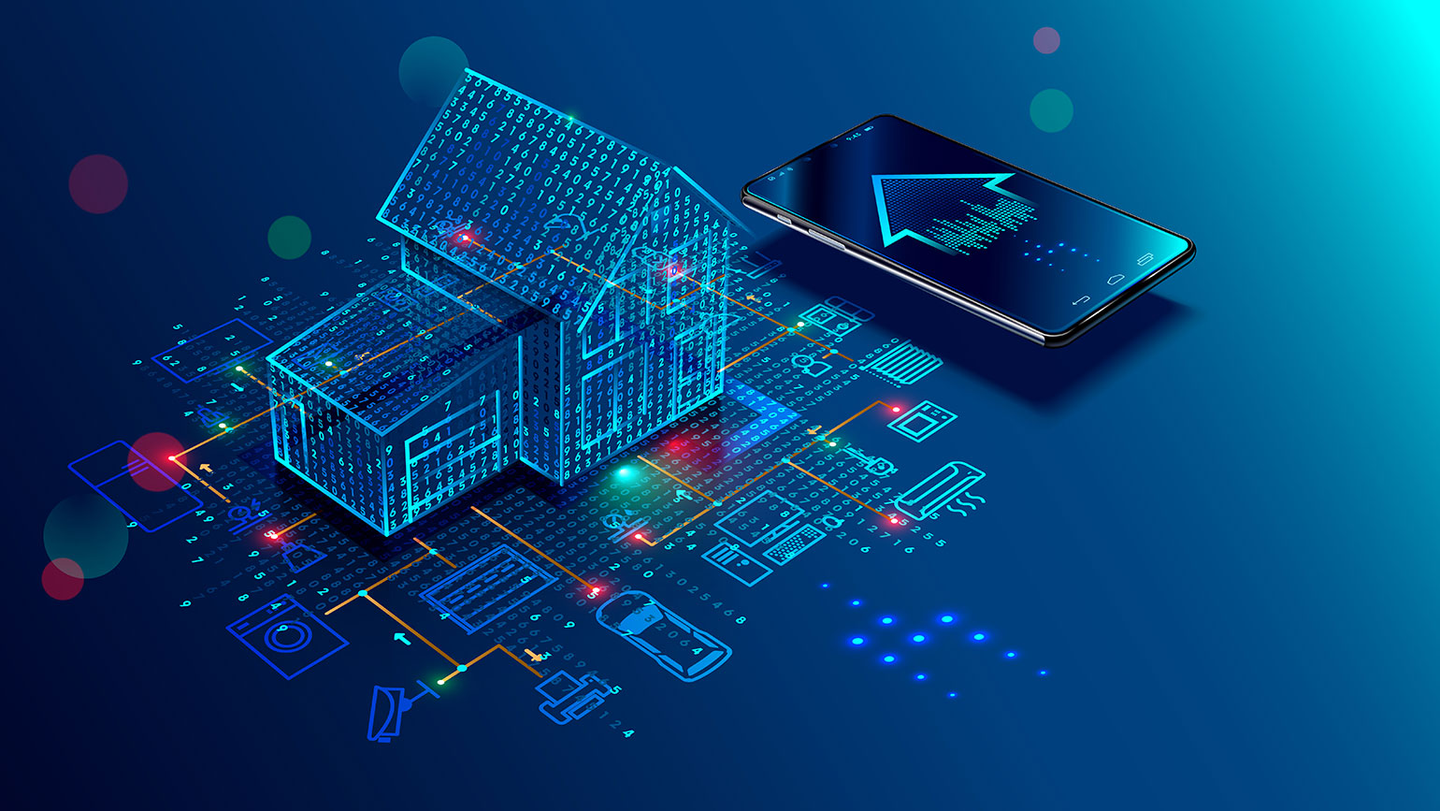"Blockchain, real estate tokenization and protection of your registry"
Photo by Melnychuk Nataliya on Unsplash
On February 20 we attended a conference at the General Council of Spanish Blockchain Legislation. Under the title "Blockchain, Real Estate Tokenization and Protection of its Registry", experts from various fields discussed very interesting aspects and little known to most, in a clear and concise way that we will present in this post. These speakers were:
Almudena de la Mata, President of the Blockchain Intelligence Law Institute.
Jimena Campusano Gómez-Asebo. Registrar of property and commerce. Member of the Department of New Technologies and Graphic Foundations of the Autonomous Council of the Madrid Registrars Office.
Jesús Seira Gil, Registrar of Real Estate and Commercial Companies.
Carmen Chicharro, director of innovation and marketing at Metrovacesa.
What is a blockchain, token, or smart contract?
The word "blockchain" (blockchain) is penetrating more and more in our language. And especially for those of us who, for one reason or another, are passionate about the real estate market.
We recently made an entry introducing ourselves to this issue, locating it in relation to the real estate sector. In this post: What is blockchain and how is it useful for real estate? We describe the content, its position in the real estate market and the application in the context of the valuations.
More and more often we find words like Token, Smart Contrac, Ether, Ethereum, Miner, Mining Pool, Scam, Oracle, Node. We won't go into detail on such an endless number of terms and concepts here. But before you get down to business, you should briefly describe two of them: Token and Smart Contract.
A token is a digital asset hosted on the blockchain. This allows its owner to attribute it to a third party via the blockchain. It can include one or more rights.
Smart contracts are smart, efficient contracts that are self-executing and enforcing.
Once we understand how Blockchain technology works in the real estate market, we can internalize this:
A real estate asset can be converted into a digital asset (token) with which we can carry out any legal business with third parties through a smart contract.
On the other hand, the nature of tokens varies according to the real rights they represent, leading to the appearance of different types of tokens. Another great benefit of blockchain and tokenization is the secure logging of all transactions. check this for better understanding about tokenization in real estate

What types of real rights can be tokenized?
First we find the property: the symbolic property. Either individually (real estate) or fractionally: each token represents a quota. In the case of the latter, this means that a joint property is being created. Community of goods between token holders. Therefore, during the formation of these tokens, an indivisibility agreement must be concluded. That the co-owners of tokens cannot demand the dissolution of the community of owners.
Fruit Rights: Fruit Token: The right to receive natural and economic benefits derived from this property. This happens with income in the case of a lease or with capital gains in the case of a sale. This can be done unitary (each token is a real right to the fruit) or fractionally (each token is an indivisible quota). Unlike property rights, this is not covered by our rules. However, it can be created based on existing rules such as usufruct, land lease, lease, or similar perpetual lease. At the time of personalization, the holder who configures this fruit real right must precisely indicate its content and scope. You must establish the period, the duration, the volume of this pleasure force, the method of its distribution. This type of token can be associated with Smarts contracts.
Finally, the right to the purchase option: the option token. This will mean the ability to purchase the property or your undivided interest. This can be done in the pre-purchase stage, when the investor is thinking of buying an asset, but has not decided. And just like the fruit token, why not link it to Smarts contracts? Compliance with the stipulations is verified until all the events scheduled in the smart contract are completed. Therefore, the call option token will culminate and become an ownership token.
So far everything is perfect. Our transaction will be registered instantly, decentralized and without intermediaries. And all this on the World Wide Web, where millions of users will confirm the operation carried out. But where is the legal security of the operation? Who will testify that this asset is really ours? How will it be verified that there are no concurrent deals with multiple clients?